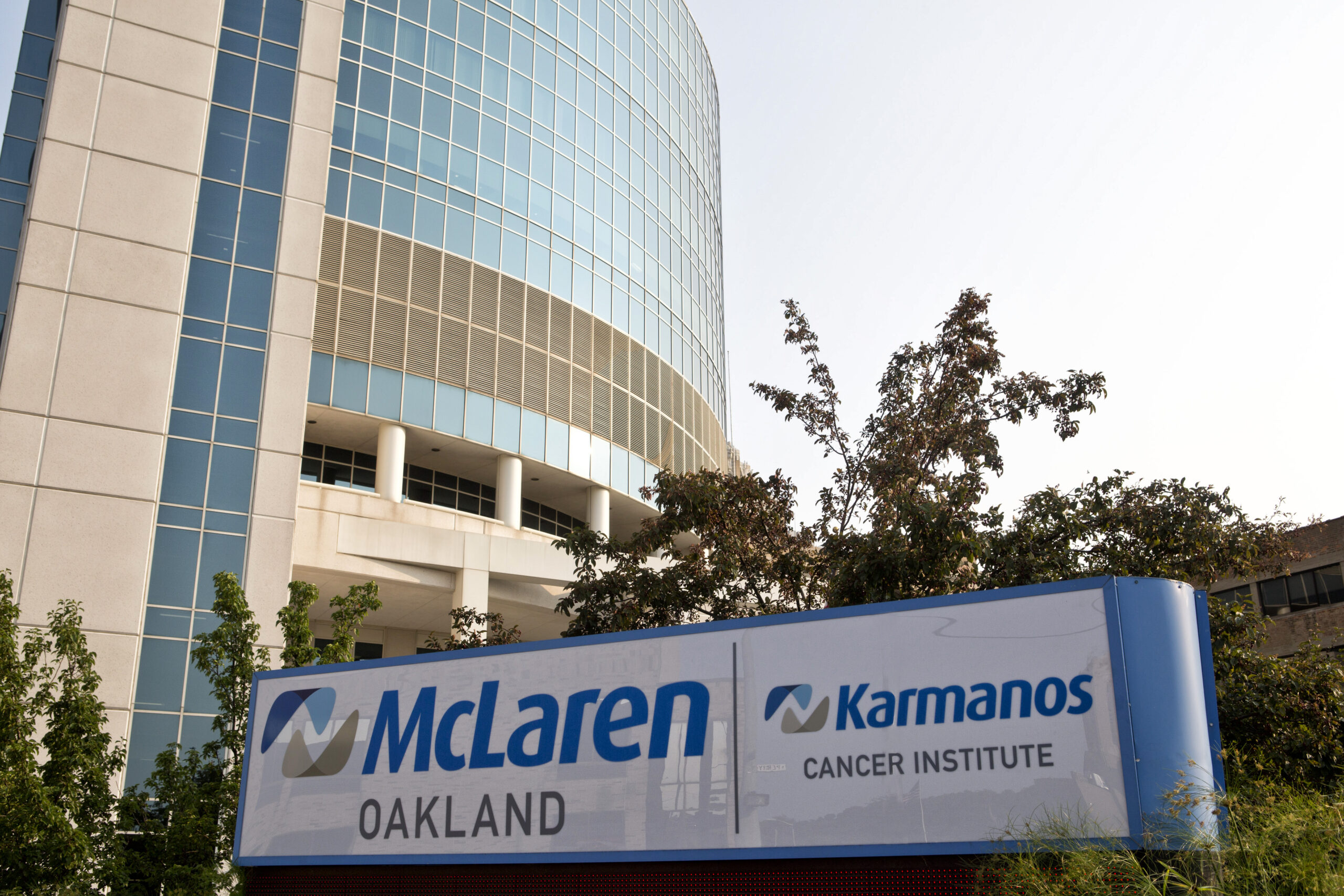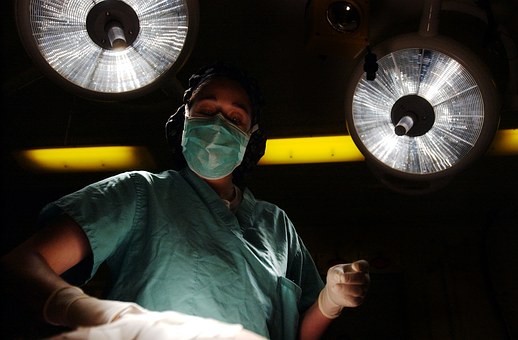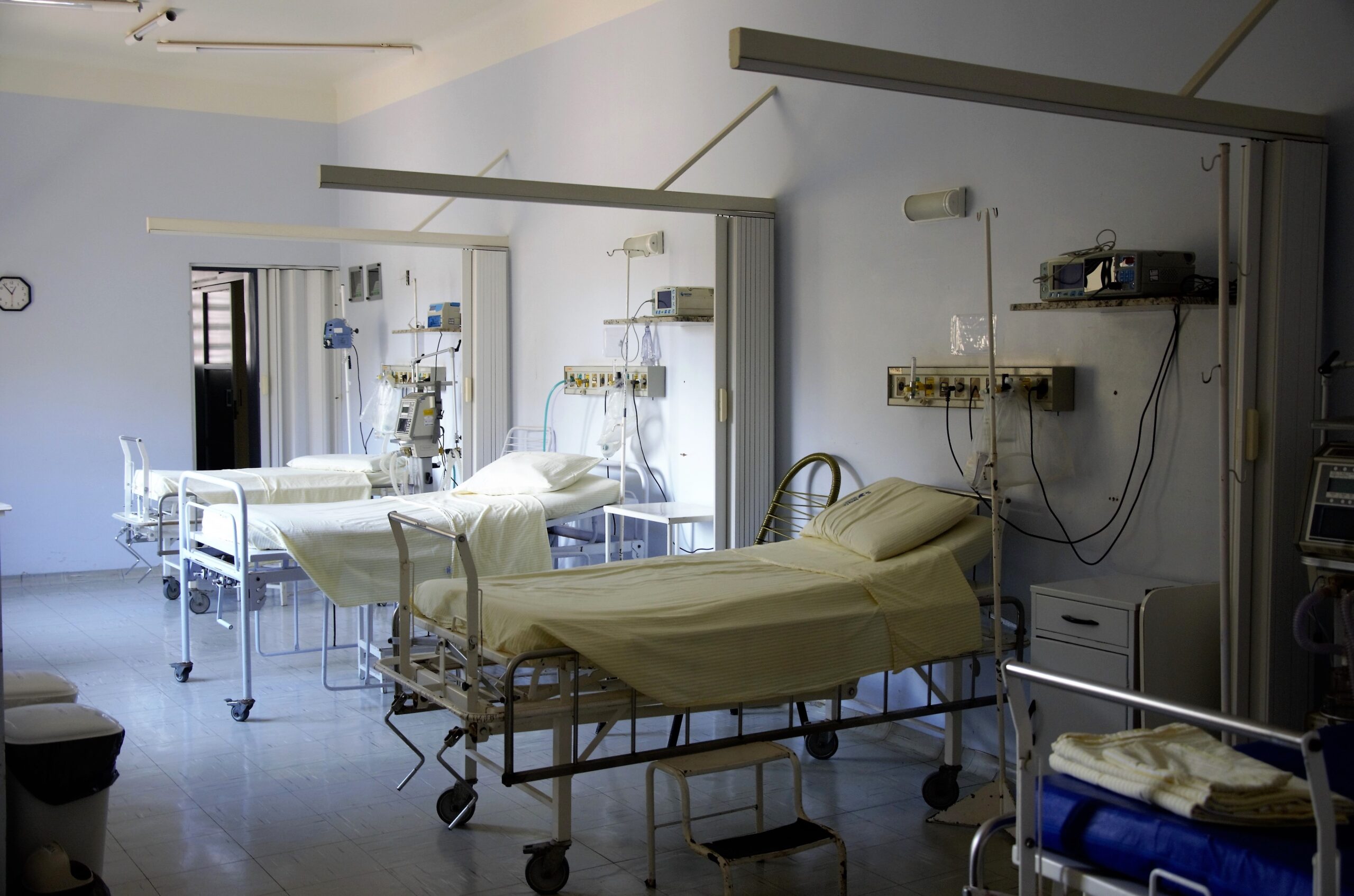With hospitals across the nation struggling to keep pace with the growing demand for trauma and acute care surgery, local community surgeons are often forced to perform in multiple spheres of rigorous emergency call schedules and demanding elective practices – leading to high rates of stress and professional dissatisfaction. The Surgical Affiliates acute care surgery model, providing hospitals with 24/7 emergency general surgery care, gives local community surgeons the opportunity to rebalance their surgical careers based on their own individual needs with options to focus exclusively on acute care surgery, elective cases, or a combination of both.
The advantage lies in the division of labor inherent in the Surgical Affiliates acute care surgery model, which provides hospitals with a dedicated, fully staffed trauma and acute care surgery program. An experienced team of board-certified surgical partners providing 24/7 emergency general surgery care creates significant career options for local community surgeons that often lead to reduced stress, a more rewarding professional life, and greater opportunities to lead a more balanced and fulfilling lifestyle.
Providing Appealing Career Choices for Local Surgeons
Many community-based surgeons have become weary of the old surgical model of maintaining an elective practice while taking emergency calls, yet they’re uncertain about the unknown implications of a dedicated trauma and acute care surgery program. Because our focus is to establish community-based practices in the hospitals we serve, Surgical Affiliates welcomes surgeons who are a part of the local community to participate in our trauma and acute care surgery programs either as full-time surgical hospitalists or as part-time acute care surgeons while maintaining their own elective practices.
When a surgical hospitalist program is established, a primary concern for some local surgeons is that their operative volume and compensation will be reduced due to the elimination of all operations and the accompanying stipends. In reality, the data indicates that our surgical hospitalist programs allow local surgeons to maintain or increase their surgical case volume. The flexibility allows surgeons to either focus exclusively on their elective practice or they can combine their elective practice with part-time acute care shifts with the Surgical Affiliates surgical hospitalist program. These options represent the best of all worlds for most surgeons by giving them an opportunity to rebalance their surgical careers according to their individual needs and interests.
Improving Quality Standards and Patient Care – A Priority for Surgeons
At the heart of every surgeon’s professional mission is the desire to provide the highest level of care for patients. Our local surgical partners appreciate and value the high-quality standards on which our surgical hospitalist programs are built, leading to significant, improved outcomes for patients such as reduced complication rates and length of stay (LOS). And because we handle the details of managing the practice, our surgical partners have more time to focus on patient care.
What’s more – whether serving as full-time surgicalists or part-time acute care surgeons – our surgical partners are supported by a team of experienced healthcare professionals who comply with evidence-based medical protocols and treatment algorithms to improve standardization of care and accurate handoff. To further facilitate improved patient care and increased hospital efficiencies, a dedicated medical director serves as an engaged “boots on the ground” surgeon in each of our community-based practices.
Improving Professional Satisfaction and Opening Opportunities for Engagement
Many surgeons adhering to the old surgical model of balancing on-call and elective cases are chronically exhausted from the strain of performing in several different areas with unpredictable schedules, hindering their ability to focus their time and efforts in any one area for an extended time. In providing hospitals with a 24/7, fully staffed trauma and acute care surgery program, Surgical Affiliates support a division of labor that allows surgeons to focus their efforts where they choose and helps to optimize the efficiencies of both the elective and acute care surgical teams.
Surgeons who choose to continue caring for trauma and acute care patients while maintaining elective practices can do so within predictable, manageable part-time shifts supported by a team of board-certified surgeons and other healthcare professionals. And because trauma and acute care surgery patients are managed by the surgeon on duty, surgeons who maintain elective practices no longer worry that the needs of their elective and acute care surgery patients will conflict. The end result for local surgeons who partner with us – the chance to rebalance their surgical careers with reduced stress and more manageable schedules, opening new avenues for a more rewarding professional life and engagement within the hospital and community.












Latest posts